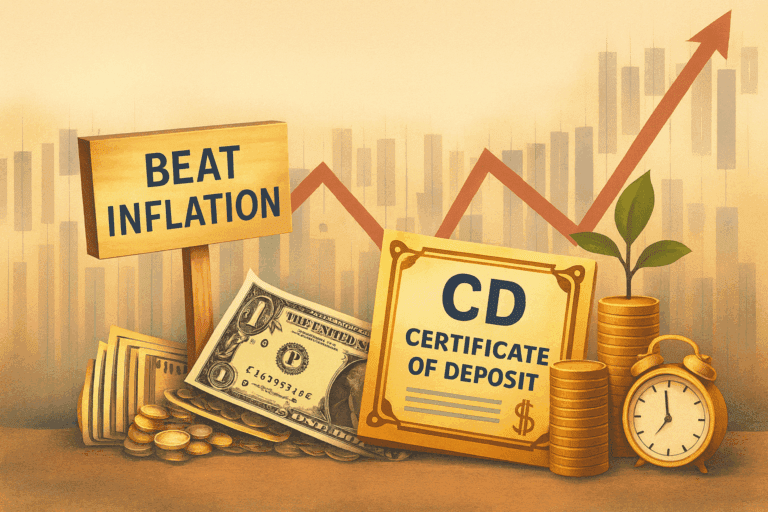Many people work hard yet still struggle financially. Often, it’s not about how much you earn but how you manage what you have. Certain habits and decisions can quietly drain your resources and hinder wealth-building.
Here are 20 common money traps that can keep you from achieving financial stability. Recognizing and avoiding these pitfalls can help you take control of your finances and build a more secure future.
1. Living Beyond Your Means

Spending more than you earn leads to debt and financial stress. To avoid overspending, it’s essential to create and stick to a budget.
2. Not Having an Emergency Fund

You may rely on credit cards or loans without savings for unexpected expenses, leading to more debt. Aim to save at least three to six months’ living expenses.
3. Carrying High-Interest Debt

High-interest debts, like credit cards, can quickly spiral out of control. Prioritize paying these off to reduce financial strain.
4. Ignoring Retirement Savings

Delaying retirement savings can cost you in the long run. Start early to take advantage of compound interest and ensure a comfortable retirement.
5. Making Emotional Investment Decisions

Investing based on fear or hype can lead to poor outcomes. To build wealth, maintain a disciplined, long-term investment strategy.
6. Falling for Lifestyle Inflation

As income increases, so does spending. Avoid unnecessarily upgrading your lifestyle; instead, focus on saving and investing the extra income.
7. Not Tracking Expenses

Without monitoring where your money goes, it’s easy to overspend. Use budgeting tools or apps to keep track of your expenses.
8. Relying on a Single Income Source

Depending solely on one income stream can be risky. Consider diversifying your income through side hustles or investments.
9. Neglecting Financial Education

Lack of financial knowledge can lead to poor decisions. Educate yourself on personal finance to make informed choices.
10. Paying Yourself Last

Prioritize saving by paying yourself first. Set aside a portion of your income for savings before covering other expenses.
11. Overpaying for Basic Services

Not shopping around for better deals on insurance or the internet can cost you. Compare providers regularly to ensure you’re getting the best rates.
12. Using Credit for Non-Essentials

Charging non-essential purchases can lead to unnecessary debt. Use credit responsibly and pay off balances promptly.
13. Not Setting Financial Goals

Without clear goals, measuring progress can be challenging. To stay motivated, set short-term and long-term financial objectives.
14. Ignoring Insurance Needs

Lack of adequate insurance can lead to significant financial setbacks. Ensure you have appropriate coverage for health, property, and life.
15. Succumbing to Peer Pressure Spending

Trying to match others’ spending habits can derail your finances. Focus on your financial goals rather than external expectations.
16. Not Reviewing Financial Statements

Failing to review bank and credit statements can lead to unnoticed errors or fraud. Regularly check your accounts to stay informed.
17. Avoiding Budgeting

Without a budget, it’s easy to lose control of your finances. Create a realistic budget to manage your income and expenses effectively.
18. Making Minimum Payments Only

Paying only the minimum on debts prolongs repayment and increases interest costs. Aim to pay more than the minimum to reduce debt faster.
Read More: The 10 Best Personal Finance Podcasts to Listen To
19. Not Planning for Taxes

Unexpected tax bills can disrupt your finances. Plan and set aside funds to cover tax obligations.
Read More: Financial Lessons for Your 20s, 30s, 40s, and Beyond
20. Delaying Investment Decisions

Procrastinating on investments can result in missed opportunities. Start investing early to maximize growth potential.
You can take proactive steps toward financial stability and growth by identifying and addressing these common money traps. Remember, small changes in habits can lead to significant improvements in your financial well-being.
Read More: 10 Signs You Need to Rethink Your Finance Goals








